Experts reveal top priorities for new health, housing and youth crime ministers
The challenges to solve three of Queensland’s biggest issues remain plain for all to see. Here is what the experts say.
QLD News
Don't miss out on the headlines from QLD News. Followed categories will be added to My News.
With a massive shake-up of state cabinet, experts in the health, housing and legal and youth services sectors have shared their advice as senior Labor politicians take on their new portfolios.
WHAT OUR NEW HEALTH MINISTER MUST DO
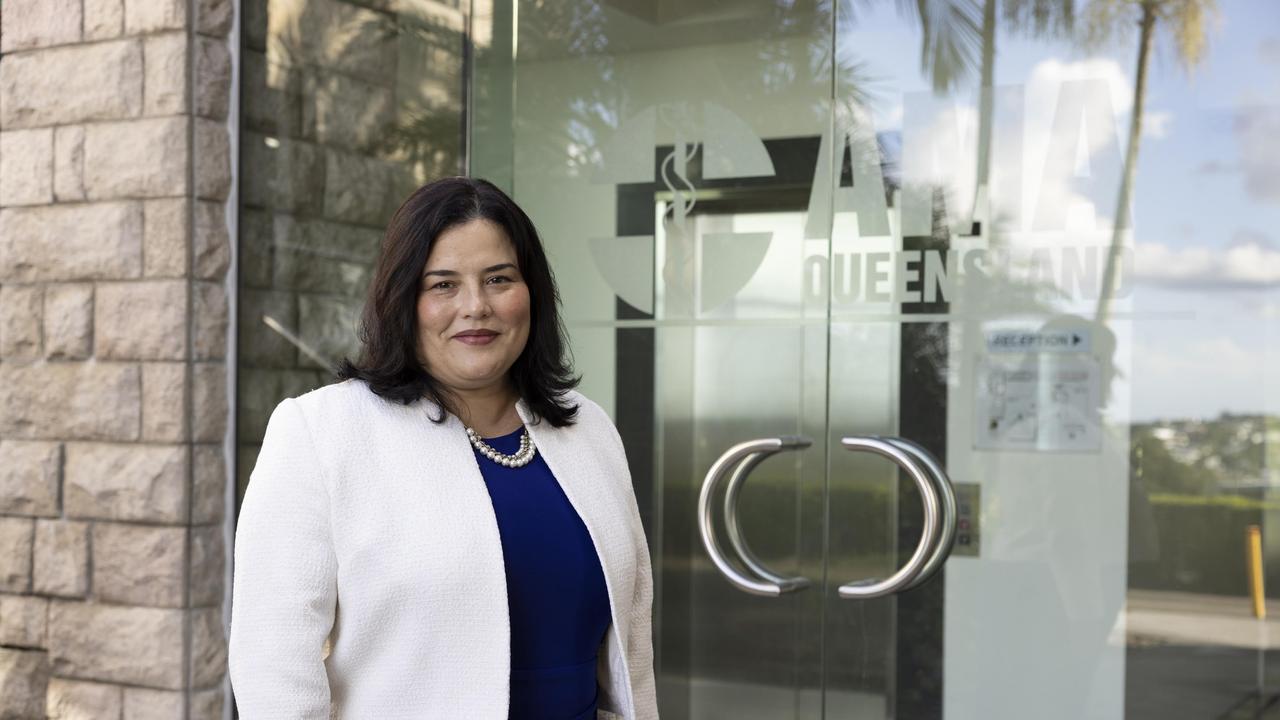
Australian Medical Association Queensland president Dr Maria Boulton
Take women’s health seriously. Go to Gladstone and Rockhampton and talk to families and medical staff about how the maternity unit bypass is impacting them.
We can’t do anything until we have the workforce in place. Finalise the health workforce strategy and ensure it covers not just public hospital staff but private hospitals, GPs and other private specialists, allied health like pharmacy and physio, pathology and all aspects of the healthcare workforce.
Support our current workforce who are keeping the health system afloat. Make it more flexible for them to move around the state for work and remove restrictions on locum work that are sending doctors interstate instead of into regional Queensland.
End the culture of secrecy. Ensure whistleblower protections are enforced so Queensland Health staff can speak out without fearing for their jobs.
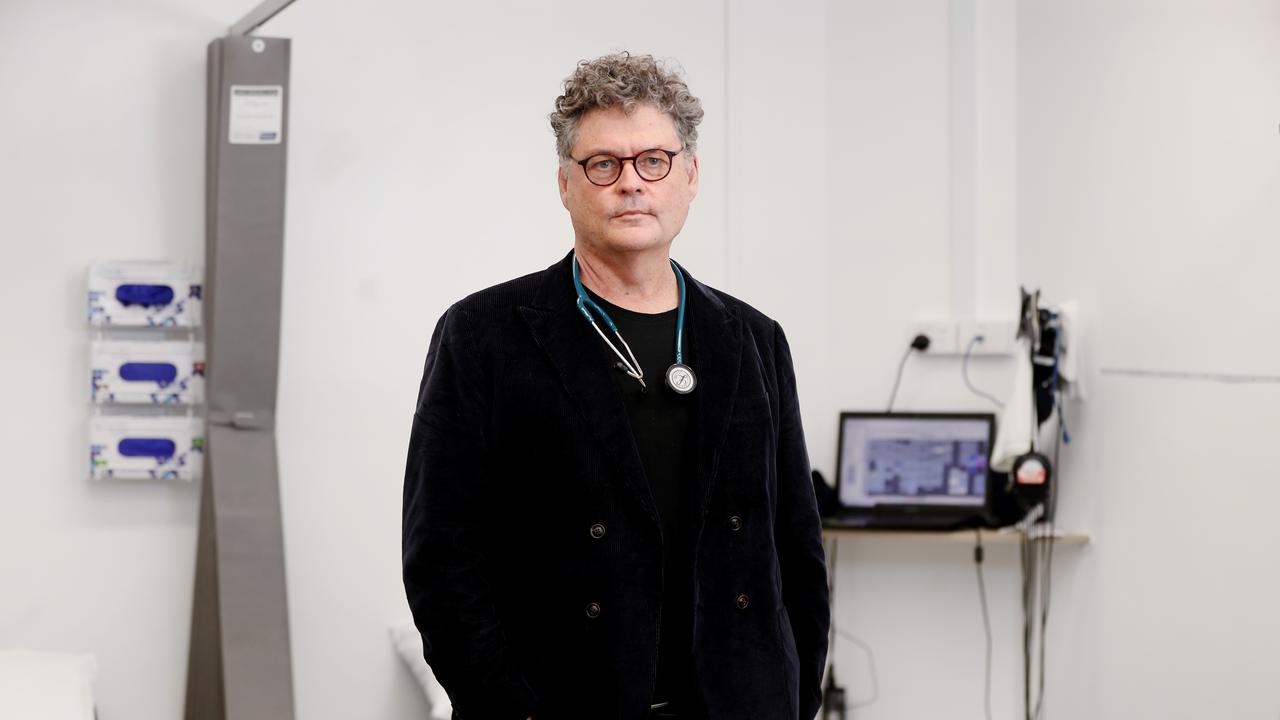
Royal Australian College General Practitioners vice president Dr Bruce Willett
Advocate strongly to National Cabinet on the issue of payroll tax. The impost of payroll tax on tenant GPs will undermine the Federal Government’s Medicare reforms and recent investment in general practice care in the Budget. It will reduce bulk billing and increase the burden on emergency departments and hospital ramping. Queensland is the only state to have announced an amnesty period for practices.
It’s critical that Queensland Health doesn’t worsen general practice workforce shortages in an attempt to bolster hospital services. An example of this is the recent $20,000 incentives to work in Queensland health facilities, which will have the effect of pulling GPs out of general practice into Queensland Health.
Rather than duplicating costly infrastructure, the RACGP calls on Queensland Health to form partnerships with existing general practices and community GPs. This would enhance both general practice and hospital services, particularly in rural communities.
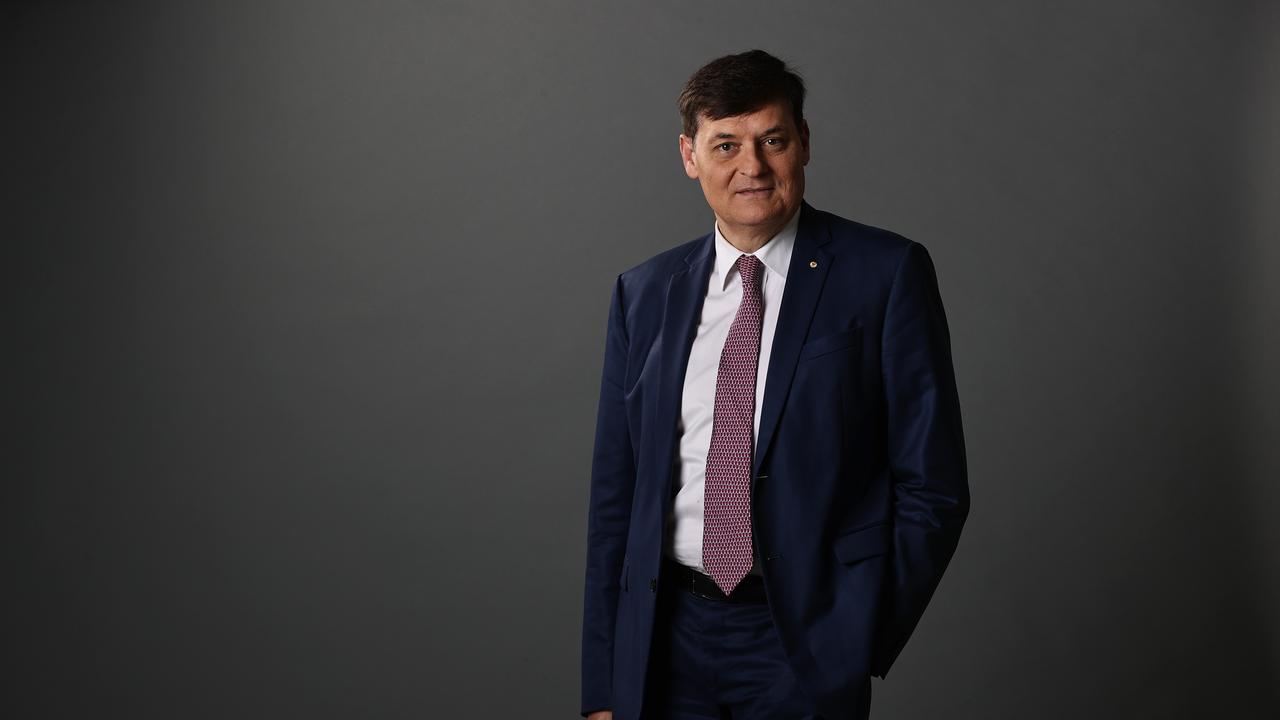
National Association of Specialist Obstetricians and Gynaecologists president A/Prof Gino Pecoraro
Must sort out the worsening Queensland maternity crisis. Private units must not be allowed to close. The Premier needs to speak with federal counterparts and ensure the decades long underfunding of all aspects of women’s health is reversed.
Health insurance needs to be affordable and rebates cover the cost of treatment if private medicine is to survive and help our struggling public hospitals.
Name and shame legislation needs an immediate reversal. Health workers must have the right to the presumption of innocence reinstated.
Queensland Health needs to bring obstetricians back into antenatal clinics and labour ward rather than just providing insurance against litigation for when things go wrong.
Queensland locums deserve the same commercially competitive rates as the rest of Australia.
WHAT THE NEW HOUSING MINISTER MUST DO
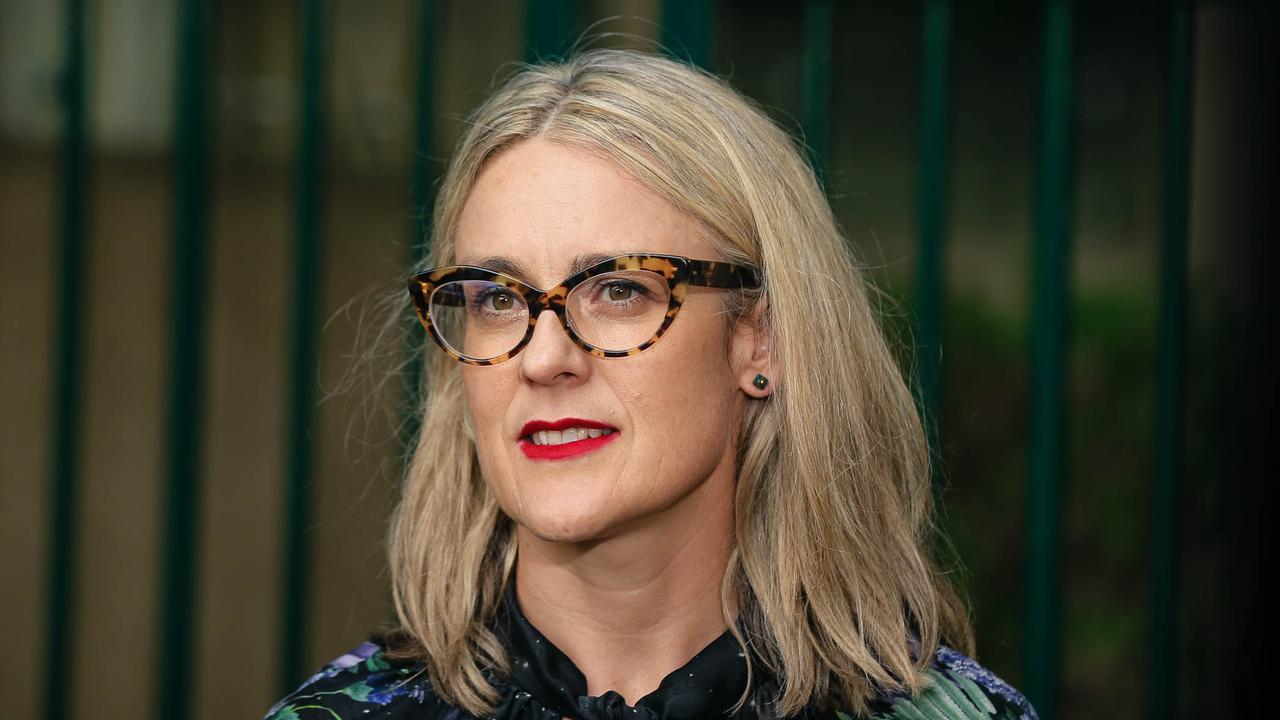
Aimee McVeigh, Queensland Council of Social Service CEO
The first is supply – our research shows we will need about 11,000 affordable and social houses per year for the next decade.
It needs to not just be for the South East – rents are growing out of control in regional areas too.
We need to ensure Queenslanders have security and don’t fear extreme rent inflation, like in central Queensland where there has been 80 per cent rental growth in four years.
The final piece of the puzzle is transparency.
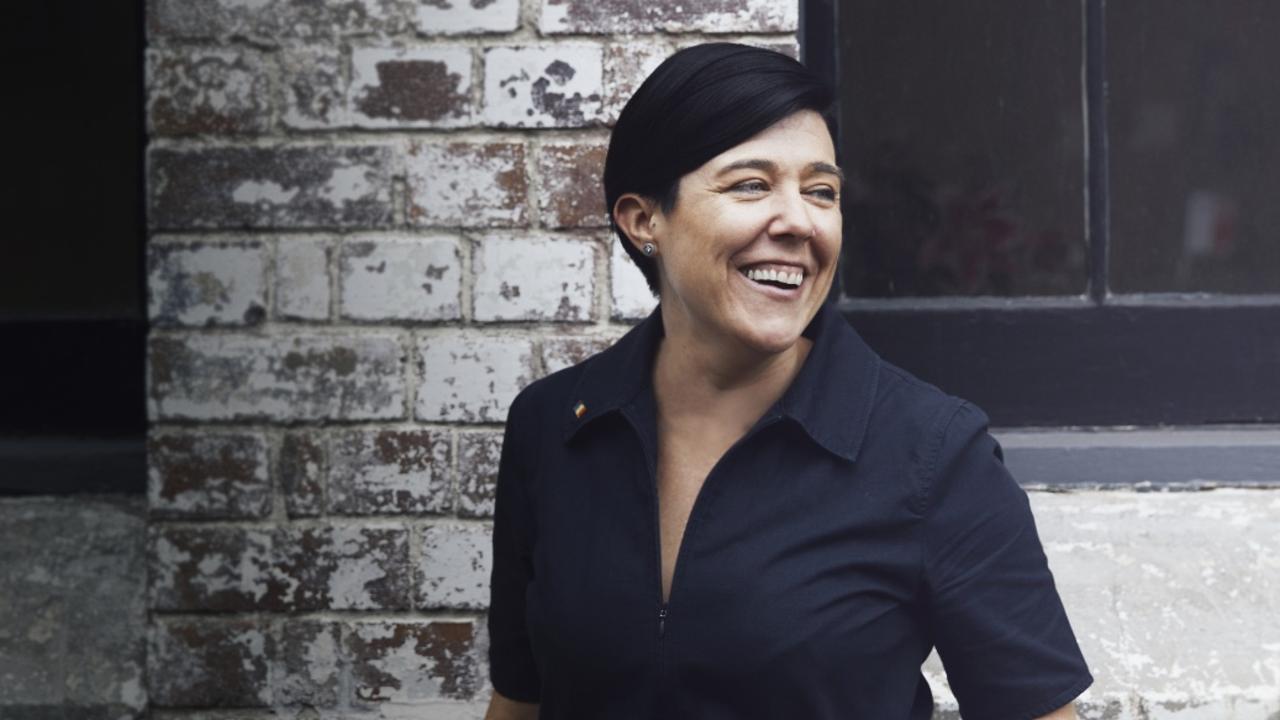
Pam Barker, Brisbane Youth Service CEO
The number of young people sleeping rough is like nothing we’ve ever seen before.
Pinkenba is an option, but I’m told there is a situation with the laundry facilities, and transport challenges getting people out there.
Rental subsidies can try to decrease the flow of young people into homelessness – we are seeing people at university and with jobs.
Rental freezes can also be part of the solution … but if we also had a cap on how high rents can be increased and rewards for landlords who give multi-year leases.
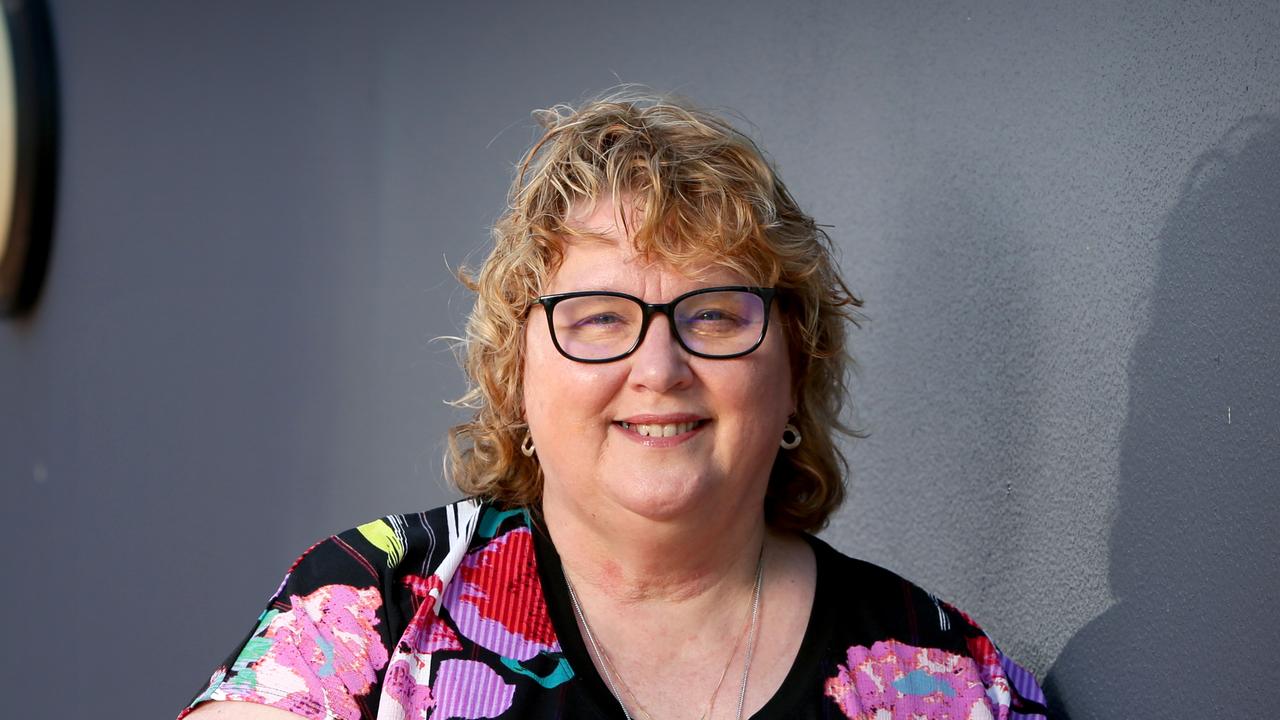
Karyn Walsh, Micah Projects
Money needs to be spent on permanent housing and support across areas like health, housing and domestic violence – we need a plan that ropes them all in.
We also need to look at purchasing vacant residential buildings straight away … speeding that up.
This issue is always under the radar, but it needs to be elevated, otherwise we’ll be stuck in a cycle of providing crisis responses all the time.
We need to understand the problem better, and the solutions … we need to set up a system to actually solve the problem.
WHAT THE NEW ATTORNEY-GENERAL MUST DO
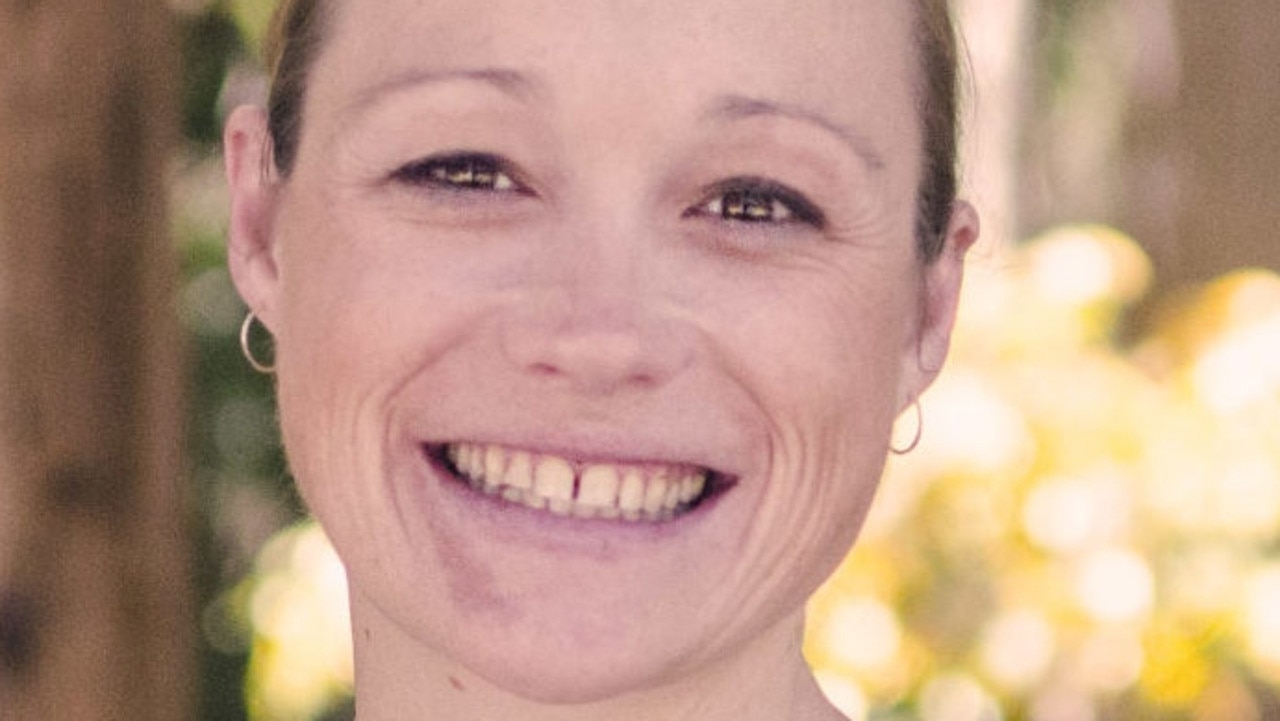
Dr Renee Zahnow, University of Queensland criminology expert
We need to take a good step back to think about a systematic approach that looks at a socio-ecological approach to youth crime. We need to look at youths as part of a family, not as individuals.
Our solutions currently are to send them home, either on bail, curfew or with bracelets, but if the home environment isn’t working that isn’t a solution. It’s a slower approach opposed to some of the kneejerk reactions.
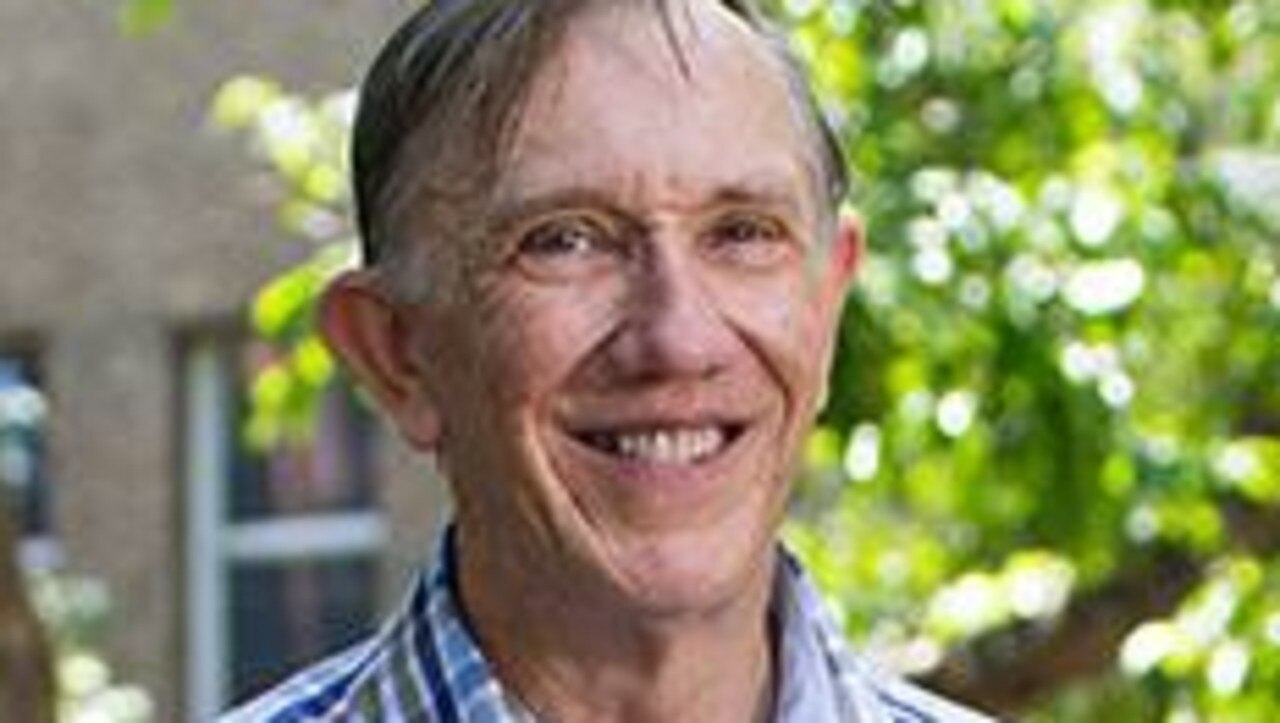
Ross Homel, Griffith University criminologist
I would repeal the recent bail law reforms around youth offenders, as they will make the community unsafe, increase the amount of kids in detention and increase the offending rates. Ultimately, it’s a triple bunger with no positives. Eventually, I would also raise the age of youth criminal responsibility from 10 to 14. Some jurisdictions are moving tentatively and I do think in time, Queensland will fall in line.
We also need supervised, safe places for children aged 10, 11 and 12 who are at risk of offending and on the streets.
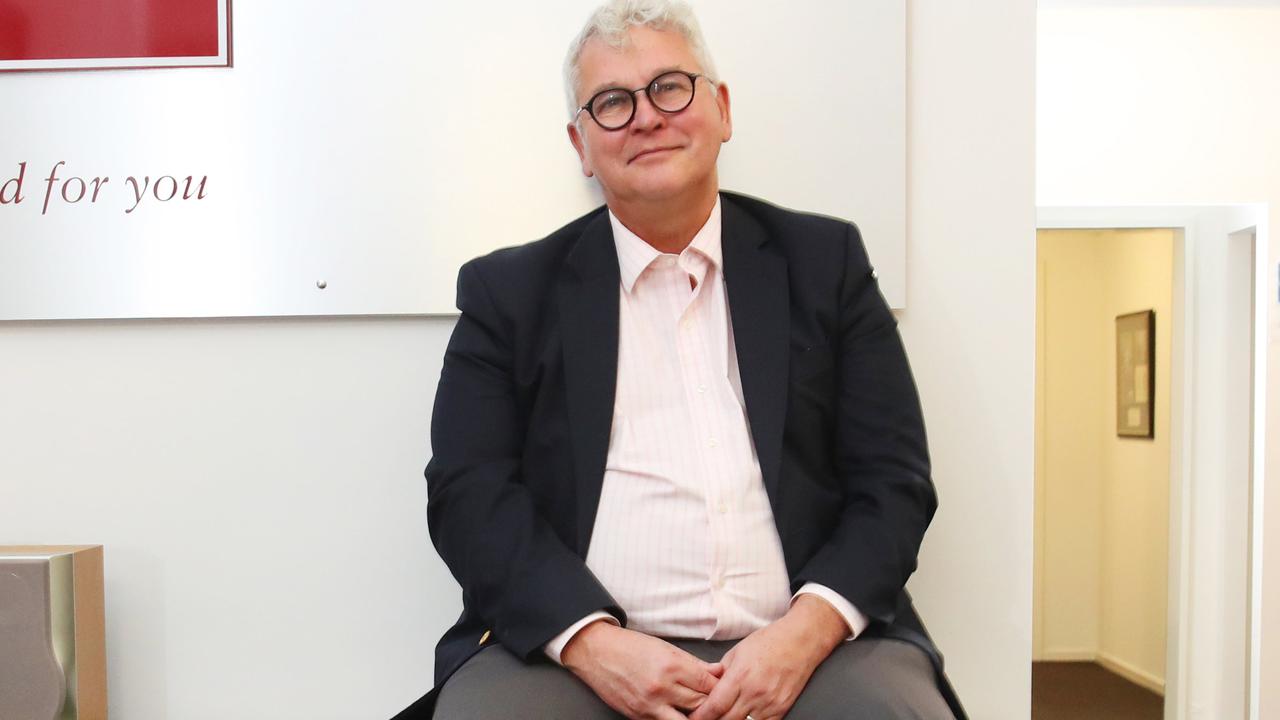
Bill Potts, Criminal lawyer and Queensland Law Society senior counsellor
Courts have to be properly resourced, including QCAT. There needs to be more funding for police, for corrective services. It means ensuring the parole board has the resources to house people when they’re released. The AG’s Everest is something that needs to be climbed rather than footing around.
Everything has been dealt with in an ad hoc, short term way. The youth justice crisis has happened over 20 years of neglect from both sides.
Originally published as Experts reveal top priorities for new health, housing and youth crime ministers








